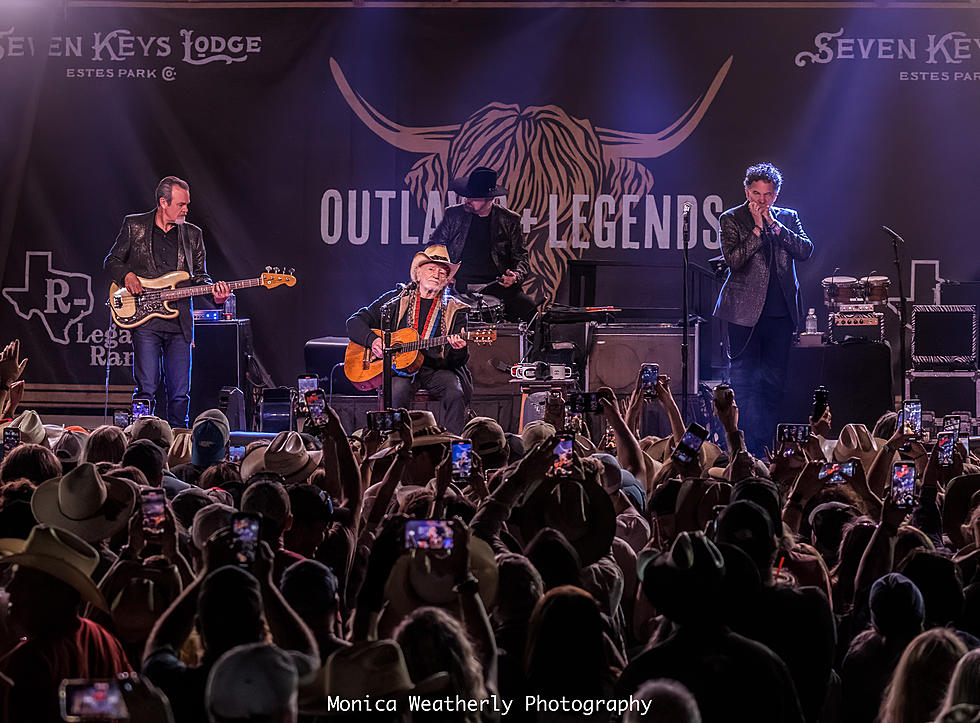
Interview: Lucie Silvas Finds Artistic Freedom on Her Own Terms With ‘E.G.O.’
On the morning of soul icon Aretha Franklin's death, Americana artist Lucie Silvas reflected to The Boot that while she may sing and write songs in a different genre than Franklin did, the legendary singer and others like her directly influenced the kind of musician Silvas wants to be. Nowhere in Silvas' discography is that fact more apparent than on her latest album, E.G.O., released on Friday (Aug. 24).
"With artists like that -- with Aretha and the Rolling Stones and Ray Charles and Etta James -- you don't get the sense that they sat around going, 'Well, I need to be famous! I need to do something that's going to please the public and please the record label,'" Silvas explains. "I'm doing something that literally feeds my soul."
Silvas admits that there have been times in her career when she's felt pressure to be a commercial success. Since releasing her debut single, "It's Too Late," in 2000, she has had ups and downs as an artist, going through a series of label transitions as well as performing and songwriting contracts. However, E.G.O. is her strongest statement yet of her creative control and self-confidence as an artist.
"I do want to be successful, but not at any price," she says. "I want to make music and look in the mirror and think that I'm a decent person. And then I want to be able to go back to my life and do what matters."
What mattered, in this case, was for Silvas to be able to showcase her authenticity and flex her creative muscle in every aspect of the project; she even planned the music video for the album's first single, "Kite," more or less independent of her team. The video's concept plays off the idea of freedom in a literal sense, starring Silvas as a mannequin, brought to life Frankenstein-style, who overthrows her creator and the control he holds over her.
"No one knew what the concept was," she says with a laugh. "Even my manager didn't really know. We just went ahead and did it, and the record label, Thirty Tigers, saw it afterwards. They had no idea what it was going to be. With fewer cooks in the kitchen, I feel like we could be really creative with it."
While E.G.O. may be a statement of independence, Silvas is quick to point out that the project isn't so much a kiss-off to the industry as it is a discussion of how a desire for success and -- as the album's title suggests -- an inflated ego can stand in the way of creativity. While E.G.O.'s title track addresses the subjects Silvas has struggled with as she's advanced in her career, she clarifies that the song isn't a dig at anyone or anything.
"I guess [the song] is an observation about how the world works, and how I think I've worked sometimes, because I'll say I don't want something and then, all of the sudden, I'm looking for attention in some way. I think I'm just as guilty of that as the next person," she explains. "Especially in the age of social media, we feel like, unless we're being seen, we're not visible, and I think that's very dangerous and scary."
Silvas is a big believer in artists using their spotlight as a means to help others and contribute something positive to the world. "But then, there's a flip side to everything," she adds. "The dark side of fame is that you are full of this self-importance because of the wrong things."
Silvas says she's reached a point in her career where, while of course she hopes for success, she's learned to focus on making music that squares with her artistic integrity. "I think you should love what you do because you love what you do, or because you have a talent, or because you're contributing to the world in some way," she continues. "Don't love what you do because somebody else says you're great. There's an amazing quote -- somebody said to treat fame and success like the impostors that they are. And I think that's what fame is -- an impostor to creativity."
More From 92.5 The Ranch










